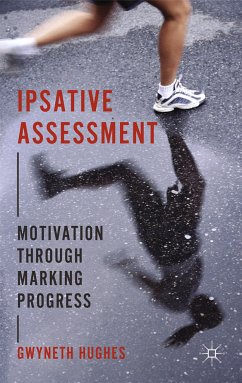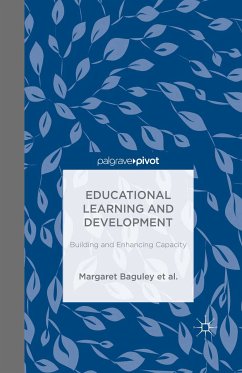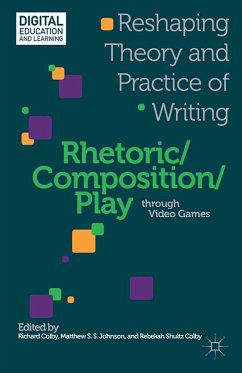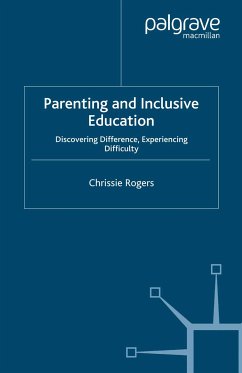
Ipsative Assessment (eBook, PDF)
Motivation through Marking Progress
Versandkostenfrei!
Sofort per Download lieferbar
72,95 €
inkl. MwSt.
Weitere Ausgaben:

PAYBACK Punkte
36 °P sammeln!
Ipsative assessment is a powerful new approach that provokes a radical rethink of the purposes and methods of assessment. This book presents a case for partially replacing competitive assessment with ipsative assessment, and it explores the possibilities and the challenges with research evidence and case studies.
Dieser Download kann aus rechtlichen Gründen nur mit Rechnungsadresse in A, B, BG, CY, CZ, D, DK, EW, E, FIN, F, GR, HR, H, IRL, I, LT, L, LR, M, NL, PL, P, R, S, SLO, SK ausgeliefert werden.












